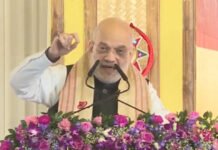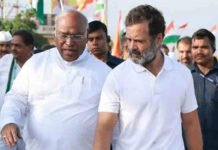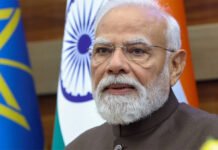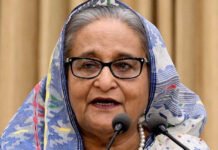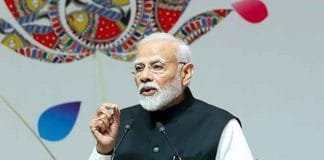In recent political discourse, Meta CEO and Facebook founder Mark Zuckerberg has made a series of stunning allegations regarding the actions and pressures from the Biden administration. These revelations have ignited a heated debate across the United States, particularly as the presidential election approaches. The crux of the issue lies in Zuckerberg’s claim that the Biden administration, including Vice President Kamala Harris, exerted undue pressure on Meta to censor content related to COVID-19. As a result, former President Donald Trump is poised to leverage these revelations as a strategic tool in his campaign. This article explores the implications of Zuckerberg’s statements and their potential impact on the upcoming presidential debate and election.
Zuckerberg’s Claims and Their Political Ramifications
Mark Zuckerberg’s recent disclosures have rocked the political landscape. He asserted that the Biden administration, which includes Vice President Kamala Harris, persistently pressured Meta to restrict or remove certain COVID-19-related content from its platform. According to Zuckerberg, this involved censoring a wide range of posts, from serious information to humorous and satirical content. The CEO has expressed regret for not being more vocal about these pressures and acknowledges that some decisions made under this pressure might not have been the best.
Zuckerberg’s admissions reveal a deeper issue of government intervention in social media content moderation, raising significant questions about freedom of expression and the limits of governmental authority. These revelations come at a critical juncture as the 2024 Presidential election nears, with potential ramifications for the candidates’ campaigns and public perception.
Trump’s Tactical Advantage
Former President Donald Trump is seizing the opportunity presented by Zuckerberg’s claims to challenge Kamala Harris and the current administration. Trump’s campaign is likely to use these allegations to paint the Biden administration as overreaching and censorship-prone, thereby bolstering Trump’s position as an advocate for free speech and government accountability. The strategic use of these revelations could prove advantageous for Trump, particularly in a climate where issues of government transparency and media freedom are highly contentious.
Implications for the Upcoming Presidential Debate
The forthcoming presidential debate scheduled for September 10th between Trump and Kamala Harris is set to be a pivotal moment. With the backdrop of Zuckerberg’s revelations, the debate could feature intense scrutiny of the Biden administration’s policies and actions. Trump is expected to focus on the theme of censorship and government overreach, leveraging these claims to underscore a narrative of administrative overreach and suppression of dissent.
For Kamala Harris, this debate presents a critical challenge. She must not only defend the Biden administration’s record but also address the accusations of censorship head-on. Harris will need to present a strong counter-narrative to mitigate the potential damage from these revelations. This includes emphasizing the administration’s commitment to free speech while addressing concerns about public health and the necessity of moderating misinformation during the pandemic.
The Broader Context of Government and Social Media Relations
Zuckerberg’s revelations are part of a broader discourse on the relationship between government authorities and social media platforms. This issue highlights the ongoing debate over content moderation, freedom of expression, and government influence on digital platforms. The intersection of these factors plays a crucial role in shaping public opinion and electoral dynamics.
As social media becomes increasingly central to political campaigns and public discourse, understanding the nuances of these interactions is vital. The balance between public safety and freedom of expression remains a contentious issue, with different stakeholders advocating for varying degrees of oversight and regulation.
Strategic Responses and Campaign Tactics
Both Trump and Harris will need to navigate the complex landscape of these revelations with careful strategy. For Trump, the focus will likely be on reinforcing his image as a defender of free speech and critiquing the Biden administration’s approach to content regulation. This strategy could resonate with voters who are concerned about government overreach and censorship.
For Harris, the approach may involve addressing the accusations with a focus on transparency and accountability. By framing the administration’s actions within the context of public health and responsible information dissemination, Harris can counterbalance Trump’s criticisms. Highlighting the administration’s commitment to open dialogue and fact-based communication may help mitigate the impact of these revelations.
The Road Ahead for Harris and Trump
As the 2024 Presidential election draws nearer, the impact of Zuckerberg’s revelations is likely to shape the political discourse and campaign strategies. Both Kamala Harris and Donald Trump will need to address these issues strategically to influence voter perceptions and sway undecided voters.
The revelations of government pressure on social media platforms add a new dimension to the election narrative, focusing attention on issues of censorship, freedom of speech, and government accountability. The upcoming debate and campaign developments will be crucial in determining how these issues will influence the electoral outcome and shape the future of American politics.






